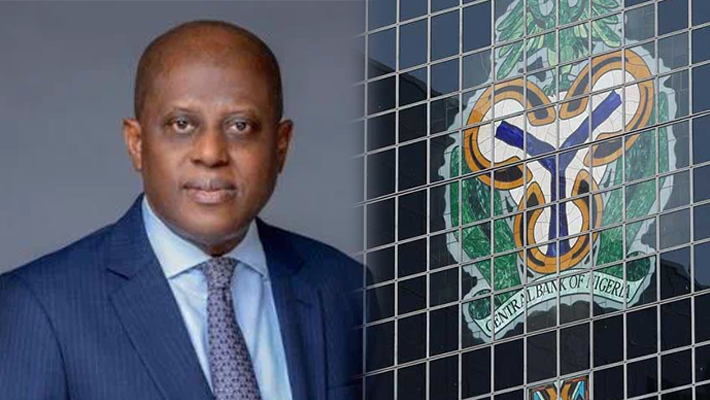
As we fight for the Naira, I have one recommendation for the new central bank boss in Nigeria: push your men and women to work on working papers, over just press releases. By forcing them to develop working papers, you push them to become more rigorous and analytical as they craft policies. If that becomes the way the bank operates, you will likely get deeper insights on previous policies, and that will help you architect future ones.
The website of the Central Bank of Nigeria (CBN) for years has no working papers the public could consume to see the data which is driving some of the policies. And when some policies are reversed, we do not have the benefit of going back to see what could be learned from those previous calls. I am yet to read a working paper or publication on the border closure benefits. No one has written on the economic impact of the recent Naira redesign . The R&D and Strategy units in CBN should not make these reports classified if they have them.
As that happens, there is a new major change: “The Central Bank of Nigeria (CBN) has disclosed reasons behind its decision to remove FX restrictions on 43 items previously placed under ban by Godwin Emefiele, the apex bank’s former governor.” Do we have a working paper to explain the benefits since this ban was implemented? Where are the papers? And now that we are reversing the call, do we have models?
Register for Tekedia Mini-MBA edition 17 (June 9 – Sept 6, 2025) today for early bird discounts. Do annual for access to Blucera.com.
Tekedia AI in Business Masterclass opens registrations.
Join Tekedia Capital Syndicate and co-invest in great global startups.
Register to become a better CEO or Director with Tekedia CEO & Director Program.
Sure – you will ask what has banking got to do with writing papers? I can reply that in central banking, it is a lot. Central banks work to stabilize national currencies while optimizing employment for the citizens. And they have many tools which they use to do those things.
By publishing working papers which some of our professors can further examine in our economic departments, the path to a stronger economy could be better modeled.
For years, we asked for the apex bank to publish its audited statements, nothing happened. Then when it did, we noticed that some of Nigeria’s future had been borrowed. We need more openness in CBN.
Comment on Feed
Comment here
My Response: You may update that to “acceptable bad journalism” since New York Times, The Economist, Punch, Bloomberg, ThisDay, etc all use “fight”, “battle”, and “war” when describing rivalites around currencies, especially USD and Yuan.
Internally, it is “economic policy”, but in global trade, most see “currencies”. I want to import from China into Nigeria. I am not sure, my first call is Chinese economic policy; I will likely care to know the exchange rate between Yuan and Naira. As a result of that, currency is what many see, encapsulating “all the economic policies” from the outside.
In other words, it is economic policy propelling currencies to FIGHT.
---
Register for Tekedia Mini-MBA (June 9 – Sept 6, 2025), and join Prof Ndubuisi Ekekwe and our global faculty; click here.




You are now calling for meaningful conversations, in a fact challenged society? It will take a lot not to read multiple meaning into it. We are a people so big on noise but very small in substance. When the new CBN governor was appointed, did any media organisation bother to investigate or question his previous opinions on monetary and fiscal policies? Rather you were inundated with the schools he attended and places he had worked, that’s the quality of conversations prevalent in our clime.
The naira collapse and runway inflation partly started with restriction of those 41 (later 43) items, but you were told to keep faith, that it’s for the good of the economy. And after couple of years with enormous damage to the economy and the people, a removal was announced. Nobody is going to tell you what was gained or lost, and no one is ever going to apologize.
They defended border closure, they defend everything, from the most foolish to most nonsensical, just defend, because power is more important than development. Progress means very little here, because most of the citizens were badly formed, many are ready to defend the very things that will kill them, because they do not know any other way.
Let the conversations begin.
I am loving the conversation here. I have leant a lot from Prof. about Working Papers. All through my years in University and MBA never heard of Working papers around policies. I am interested in learning more. Prof please recommend a book or two to learn more.
Let the conversation continue.
Most central banks have a page for working papers. It gives you an idea on what they’re thinking as they work on policies https://research.stlouisfed.org/wp/
You can also check World Bank https://www.worldbank.org/en/research/brief/world-bank-policy-research-working-papers